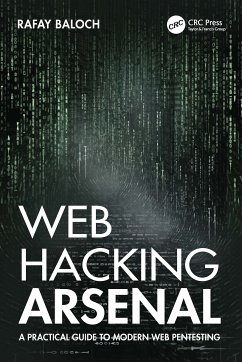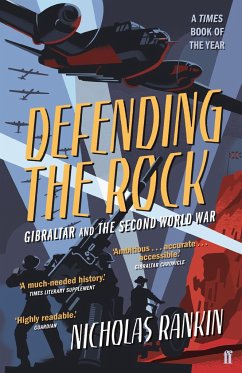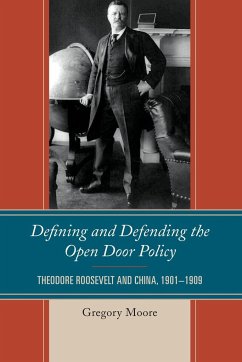
Defending the Arsenal
Why America's Nuclear Modernization Still Matters
Herausgeber: Lowther, Adam B; Cimbala, Stephen J
Versandkostenfrei!
Versandfertig in über 4 Wochen
193,99 €
inkl. MwSt.
Weitere Ausgaben:

PAYBACK Punkte
97 °P sammeln!
"One important area of interest within military and policy circles focuses on an effort to revitalize the nuclear triad amidst a number of competing strategic interests. The difficulties arising from U.S. engagement in Iraq and Afghanistan are leading many scholars and policy makers to question whether a reinvigorated nuclear triad has any role in deterring modern adversaries. This volume takes an unashamed pro-nuclear modernization position and argues for designing and fielding new nuclear warheads and delivery systems (submarine, ICBM, and bomber) while also arguing against signing the Compr...
"One important area of interest within military and policy circles focuses on an effort to revitalize the nuclear triad amidst a number of competing strategic interests. The difficulties arising from U.S. engagement in Iraq and Afghanistan are leading many scholars and policy makers to question whether a reinvigorated nuclear triad has any role in deterring modern adversaries. This volume takes an unashamed pro-nuclear modernization position and argues for designing and fielding new nuclear warheads and delivery systems (submarine, ICBM, and bomber) while also arguing against signing the Comprehensive Test Ban Treaty or agreeing to further reductions in the nuclear arsenal. It also argues that nuclear deterrence remains as relevant today, perhaps more, than it was during the Cold War. With so many authors advocating for 'Global Zero' and highlighting perceived dangers from a nuclear arsenal, this work stands in stark contrast to the chorus of anti-arsenal works. Because of the work's structure and effortto answer questions of current relevance, it should appeal to a broad audience including: service staffs, PME students, COCOM staffs, Pentagon personnel, Capitol Hill staffers, policy makers, academics, graduate students, and interested readers"--Provided by publisher.













